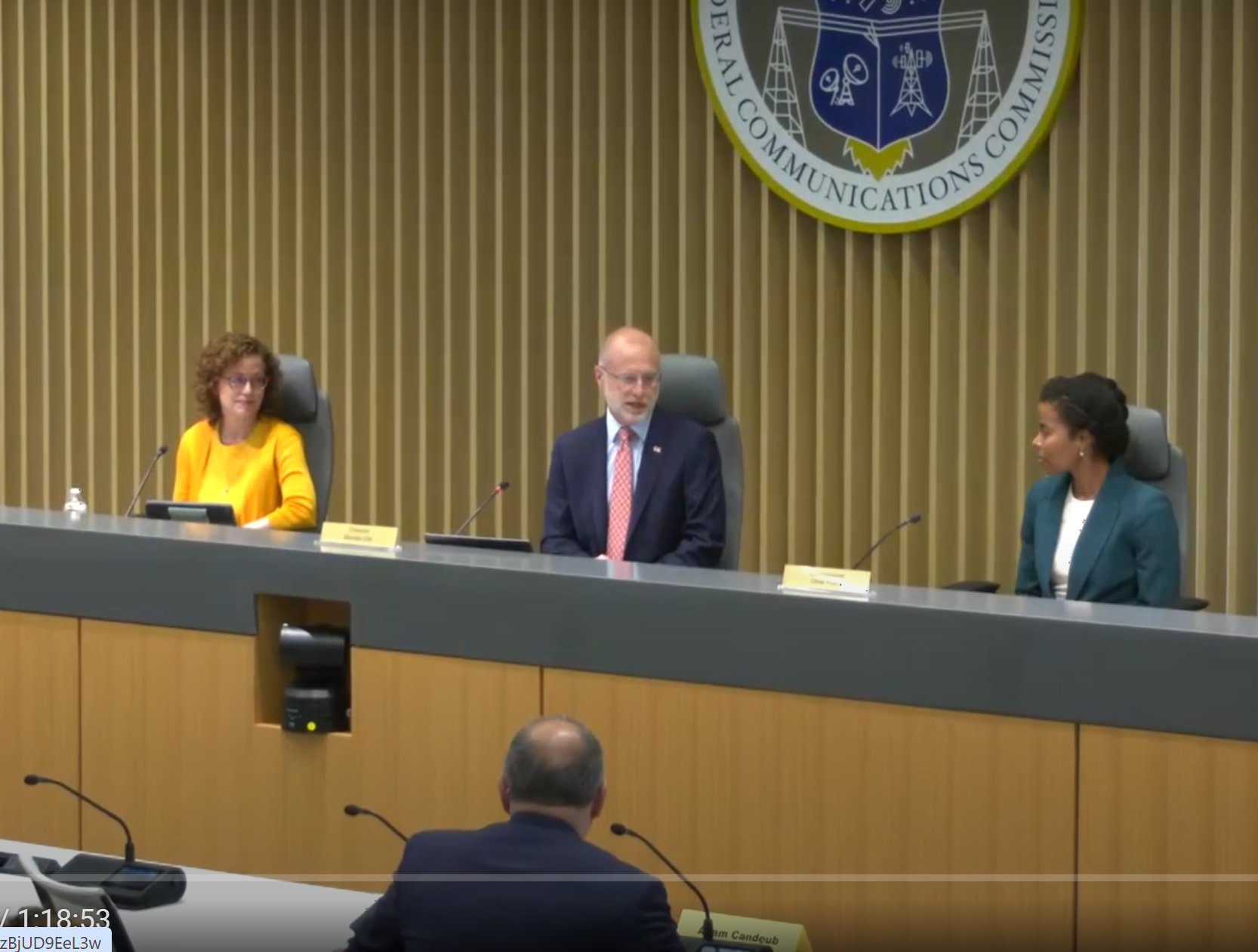Vote to delay DTV transition expected

After a bipartisan compromise, Congress is expected this week to delay the mandatory DTV transition deadline from Feb. 17 to June 12. The measure, however, would allow broadcasters to turn off analog transmission anytime after Feb. 17.
The compromise came in the Senate, when Commerce Committee chairman John D. Rockefeller, D-WV, came to an agreement with the committee’s senior Republican, Kay Bailey Hutchison of Texas.
“The shameful truth is that we are not poised to do this transition right,” said Rockefeller, sponsor of the legislation. “We are only weeks away from doing it dreadfully wrong — and leaving consumers with the consequences.”
Rockefeller’s earlier bill dealt only with changing the date of the analog shutdown. The compromise version, however, allows broadcasters to shut down analog transmissions anytime before June 12; extends the FCC’s auction authority to pay for the costs of the delay; permits the commission to transfer vacant spectrum space to public safety officials; and revises the converter box subsidy program.
It also opens the door to another extension of the DTV deadline if Congress feels the transition is not going well. However, Rockefeller said he does not want that. “If we are able to make substantial progress on the administration of the transition, this should be the last delay we have to seek,” he said. “I know I want this to be the last delay and I know the Obama Administration shares our commitment to getting this right so that we can avoid any further delays.”
Rockefeller noted the legislation will not fix all of the problems associated with the transition, but it offers time to correct many known errors. He said the bill offers “time to develop a new plan, time to implement a new set of ideas to manage the transition, and time to make sure that in the switch to digital signals no American is left behind.”
The legislation addressed Republican concerns by allowing broadcast stations to make the switch from analog to digital signals sooner than the June 12 deadline if they choose to. It would also permit public safety agencies to take over vacant spectrum that has been promised to them as soon as it becomes available.
The professional video industry's #1 source for news, trends and product and tech information. Sign up below.
The National Telecommunications and Information Administration (NTIA), administrator of the converter box subsidy program, has begun sending out new coupons as older, unredeemed ones reach a 90-day expiration date. As of last week, the NTIA had nearly 2.6 million coupon requests on a waiting list.
